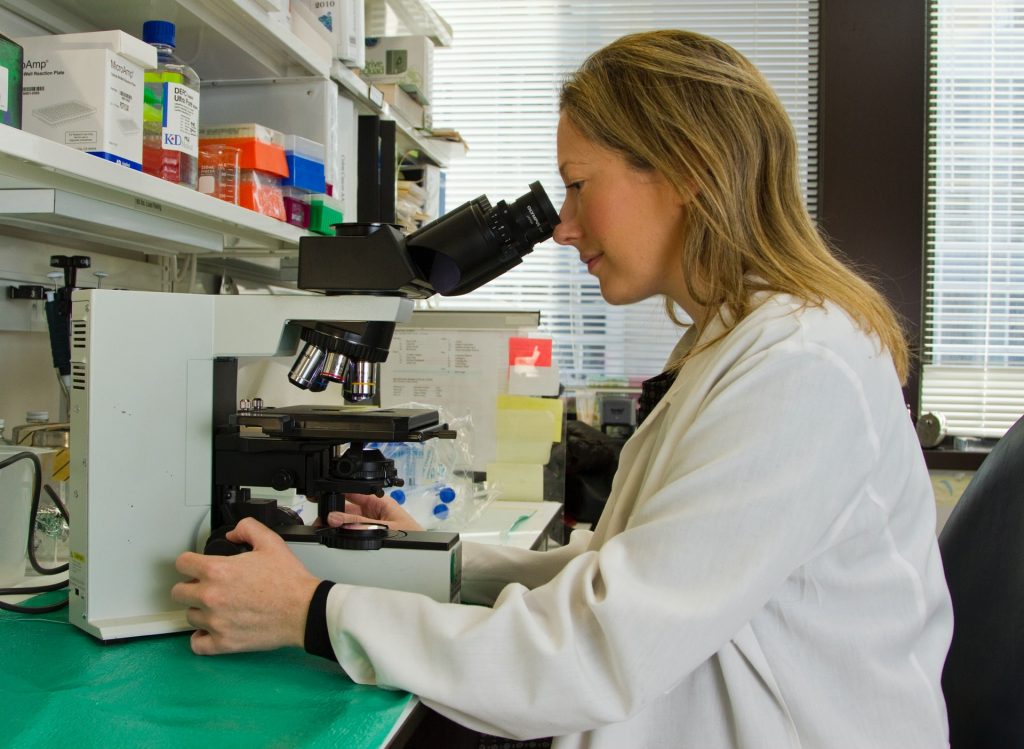No COVID Impact on Increased Preterm Births or Stillbirths

A study found no increases in preterm births or stillbirths during the first year of the COVID pandemic, which will help alleviate concerns around pregnancy and COVID. The large study of more than 2.4 million births in Ontario is published in CMAJ (Canadian Medical Association Journal).
Infection, inflammation, stress, medical or pregnancy-induced disorders, genetic predisposition, and environmental factors are risk factors for stillbirth and preterm birth, although in many instances the exact mechanism is not yet known.
During the COVID pandemic, reports emerged of declining rates of preterm births in countries such as the Netherlands, Ireland and the United States, while the United Kingdom, Italy, India while others reported increases in stillbirths and some variability in preterm birth rates. However, most studies were limited by their small size.
To identify a possible shift, the study researchers analysed Ontario births over an 18-year period and compared these trends in the prepandemic period (2002–2019) with the pandemic period (January to December 2020).
“We found no unusual changes in rates of preterm birth or stillbirth during the pandemic, which is reassuring,” said Dr Prakesh Shah, a paediatrician-in-chief at Sinai Health and professor at University of Toronto, Toronto, Ontario.
It is possible that measures related to the pandemic and compliance with them could affect preterm birth rates in different settings. Thus, the researchers examined birth outcomes in the public health units with higher SARS-CoV-2 positivity rates (Toronto, Peel Region, York Region and Ottawa), and also compared urban and rural births and those in neighbourhoods with different average income levels.
“In some areas and in certain people, the restrictions could be beneficial, and in other settings or individuals, restrictions could have the opposite effect,” said Dr Shah.
International studies are now underway to help understand the impact of COVID on pregnancy and childbirth around the globe.
Source: EurekAlert!






